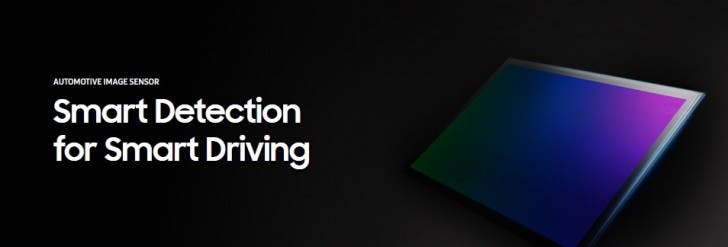Samsung is probably the only phone manufacturer in the world that could build an entirely new phone from parts they created themselves. Among the more important components they design we have the Samsung Exynos lineup of CPUs equipped in some versions of their galaxy phones and the ISOCELL image sensors.
Well, today, the company announced that these high-end pieces of tech are going to be equipped on the cars of the future as well.
As you probably already know, cars are getting smarter, and we aren’t talking about Tesla’s or other premium cars, which are priced prohibitively for some people. We’re instead talking of every day cars, even entry-level ones that are going to equip some sort of smart assistant to avoid crashes and whatnot.
Here is where Samsung comes into play; these cars need brains and eyes to understand what’s happening in real time and either do something automatically or alert the driver.
Being Samsung a very reliable company that already produces all sorts of tech, we are not surprised to see them getting into this industry.

In the announcement of today, Samsung did indeed say they will produce chips specifically designed for cars under the Exynos brand. They’ll be called Exynos Auto V, which powers the infotainment, Exynos Auto A which helps driving safely and the Exynos Auto T employed for telematics.
As far as the image sensors go, Samsung will produce ISOCELL Auto sensors which will be able to see better in the dark, thus helping the driver at night or in situations with a very high contrast.
Samsung is set to showcase the Exynos Auto and ISOCELL auto at the IZB (International Suppliers Fair) in the following days.





